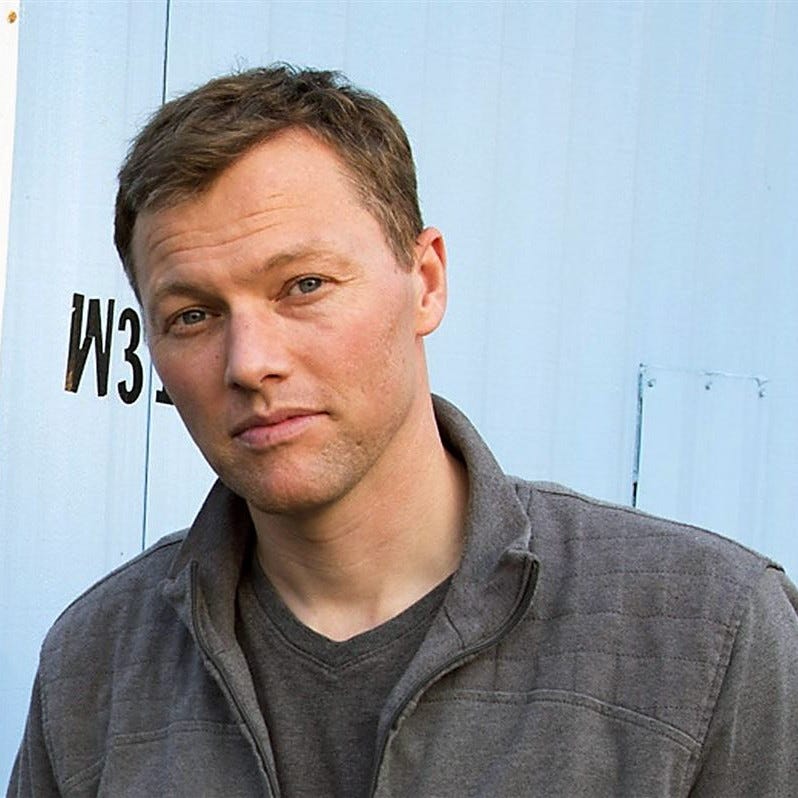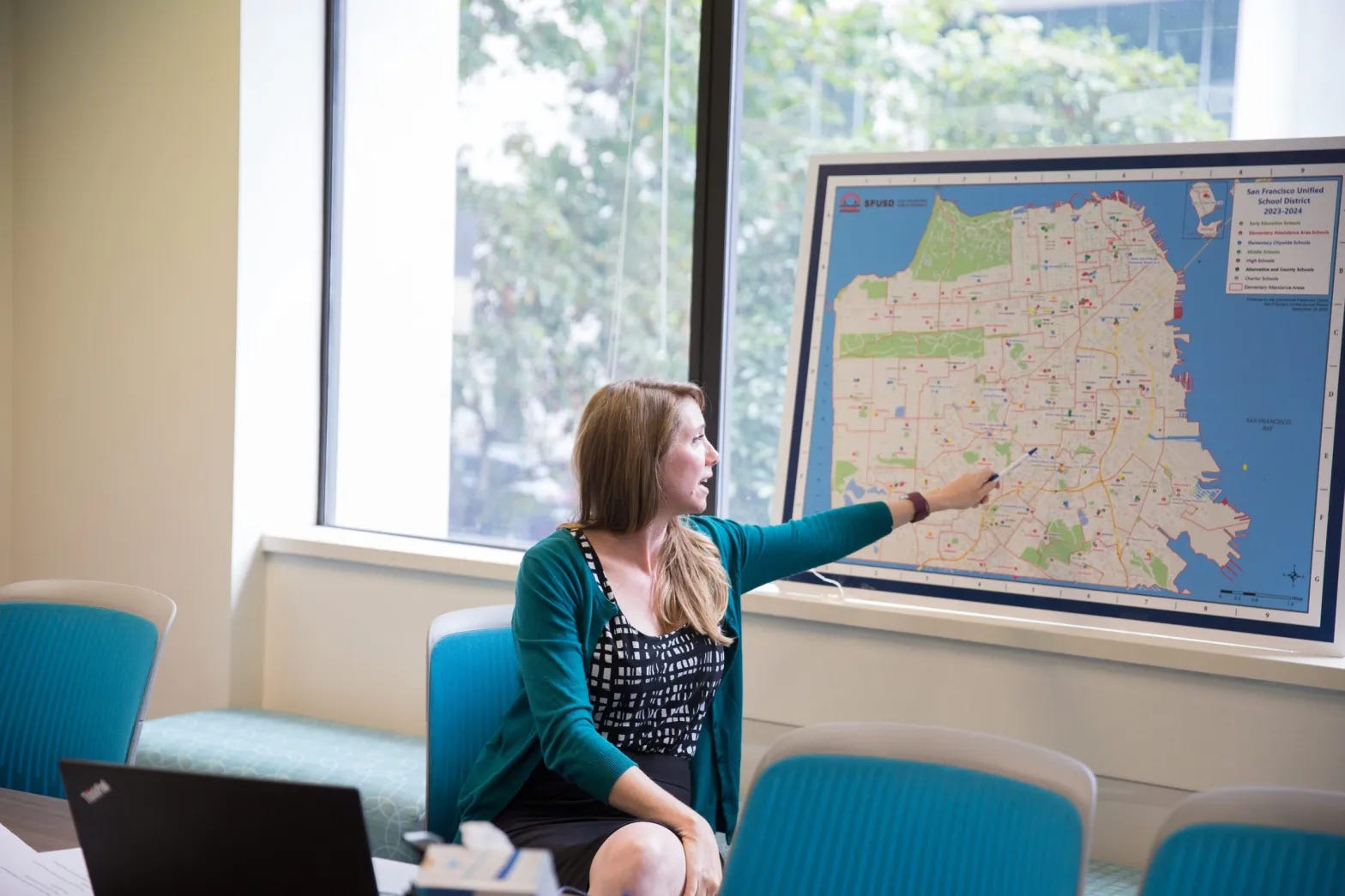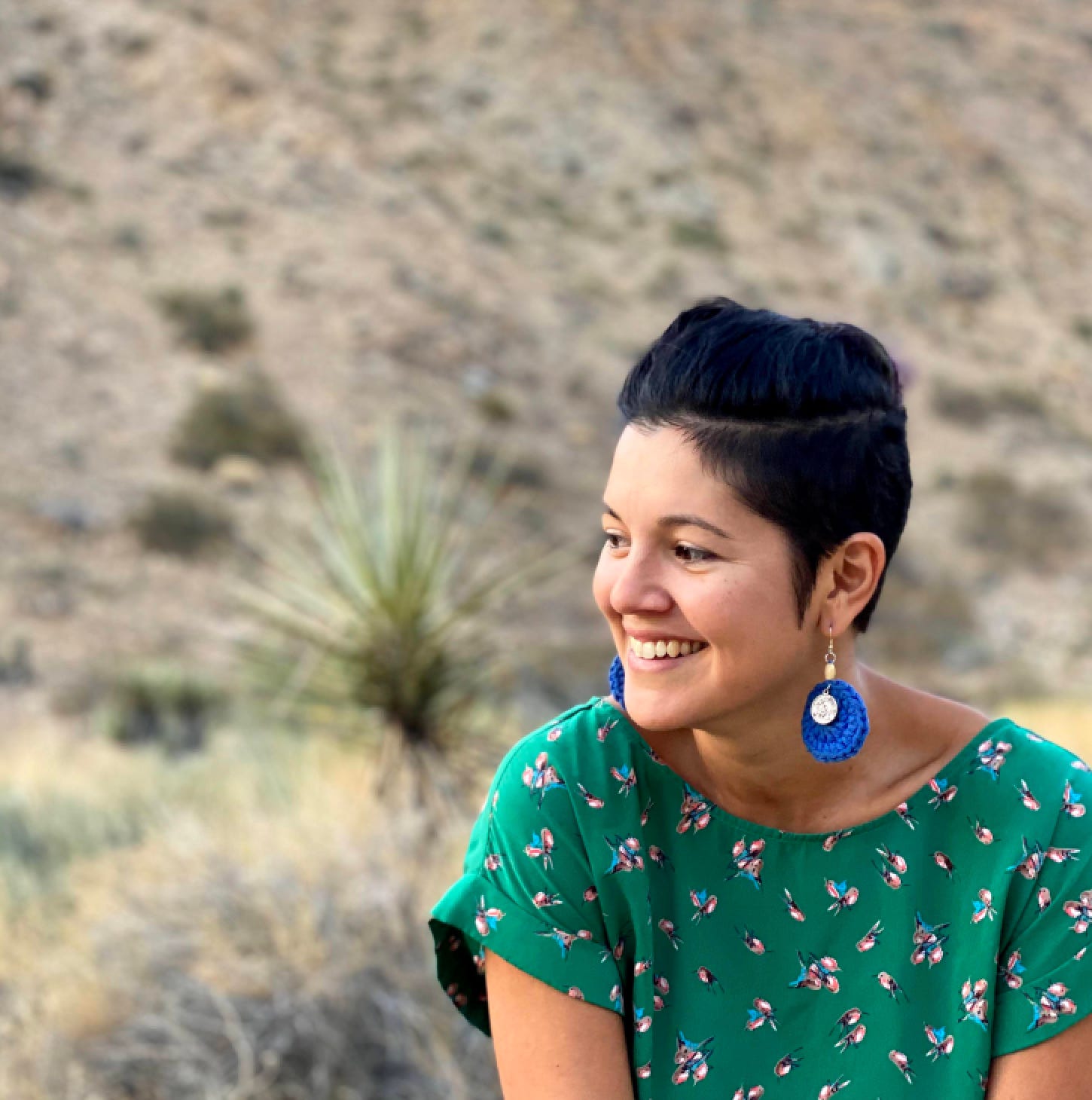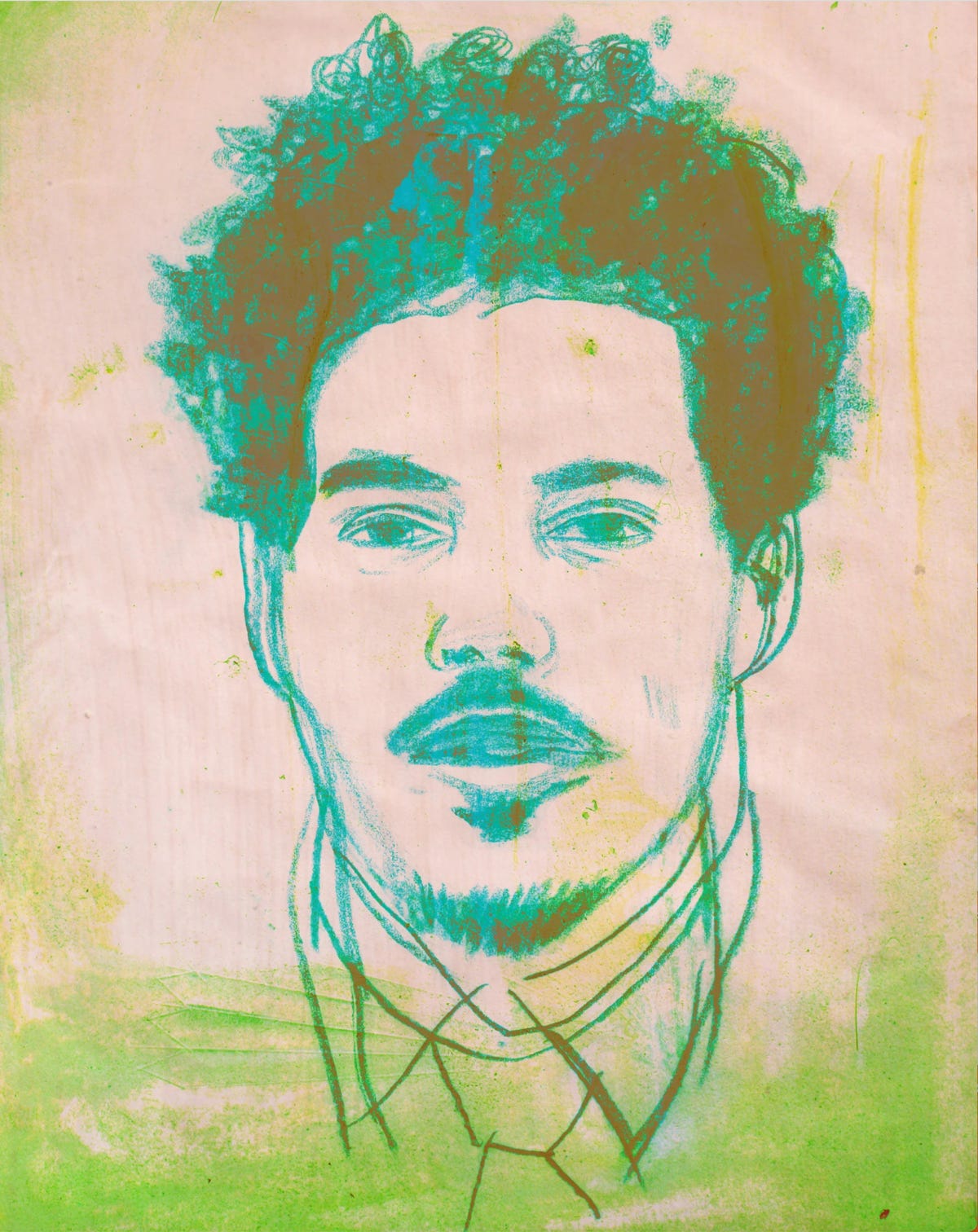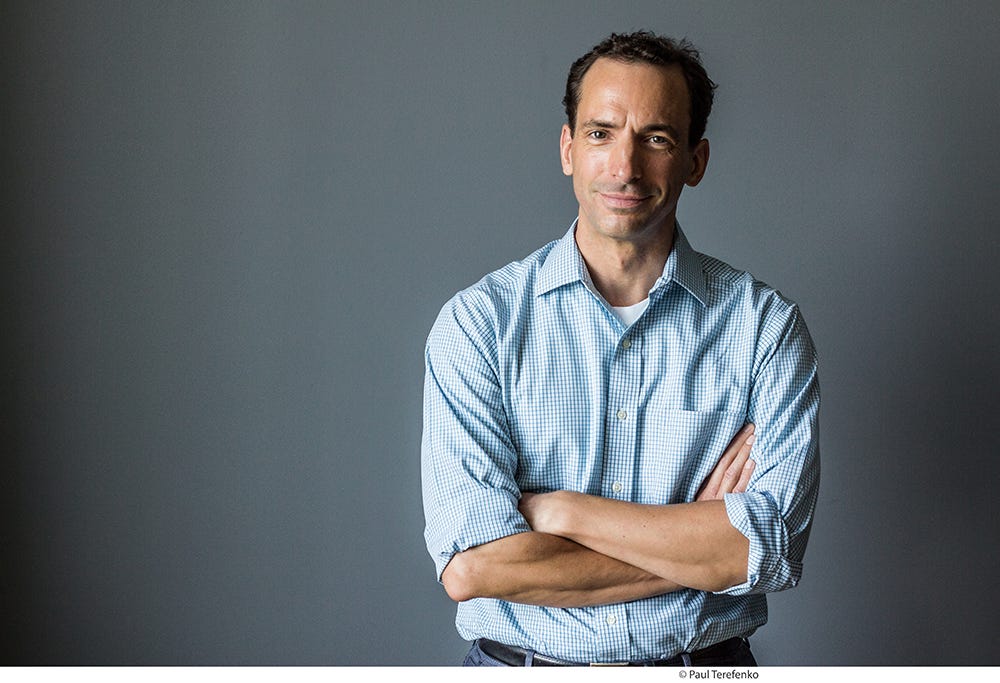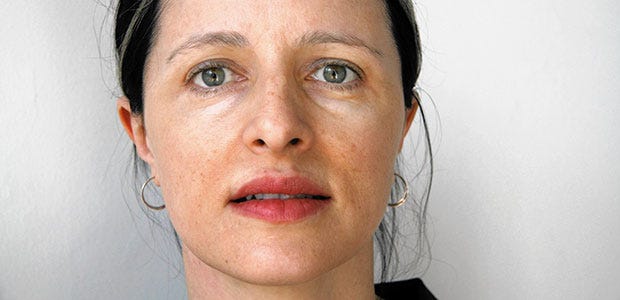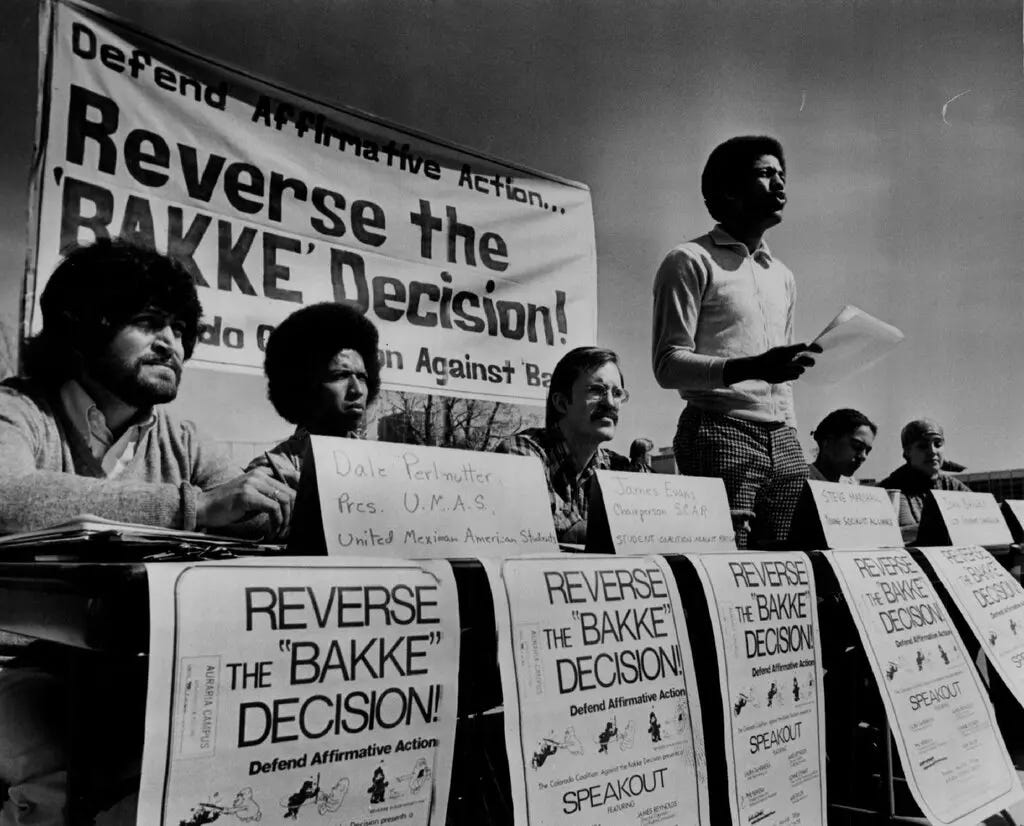#407: “I Don‘t Find Despair Useful”
Description
Welcome, new subscribers, and welcome back, loyal readers! I’m happy you’re here.
Today’s issue is dedicated to an interview with Matthew Desmond, the author of “Why Poverty Persists in America,” August’s article of the month.
Originally published in The New York Times Magazine in April, the piece is an excerpt from Prof. Desmond’s bestselling book, Poverty, by America. If you haven’t read it yet, I urge you to do so — and join our discussion on August 27, if you’re moved.
Fellow Article Clubber Melinda and I got a chance to interview Prof. Desmond a few weeks back, and it was an honor. I won’t give everything away, because it’s better to listen, but we discussed a number of topics, including:
* how poverty is about having a lack of choice, not just money
* how exploitation is at the center of poverty
* what it means to be a poverty abolitionist
Most of all, it became abundantly clear in our conversation that Prof. Desmond doesn’t find despair useful. Even though poverty is a result of harmful policies, shame won’t solve the problem. Rather, Prof. Desmond wants us to do something about the issue — not just talk about it. There’s too much “informed sophisticated passivity,” he said.
For the past half-century, we’ve approached the poverty question by pointing to poor people themselves — posing questions about their work ethic, say, or their welfare benefits — when we should have been focusing on the fire. The question that should serve as a looping incantation, the one we should ask every time we drive past a tent encampment, those tarped American slums smelling of asphalt and bodies, or every time we see someone asleep on the bus, slumped over in work clothes, is simply: Who benefits? Not: Why don’t you find a better job? Or: Why don’t you move? Or: Why don’t you stop taking out payday loans? But: Who is feeding off this?
As someone who sometimes likes to read and think and discuss, yet remain on the sidelines, I appreciated Prof. Desmond’s call to action. In the interview, he offers five ways we can be poverty abolitionists. Let’s stop debating people and sighing about how bad things are, he says. Let’s stop trying to change other people’s beliefs. Calling himself a “pragmatic writer,” he said, “I want my work to do things.”
Thank you for listening to this week’s episode. Hope you liked it. 😀
To our 16 new subscribers — including Joe, Kent, Emily, Rachael, Dhaka, Jordan, McKenzie, and Robert — I hope you find the newsletter a solid addition to your email inbox. To our long-time subscribers (Rose! Rosie! Rosaline!), you’re pretty great, too. Loyal reader Ivy, thank you for sharing the newsletter and getting the word out.
If you like Article Club, please help it grow. I really appreciate your support. Here are two ways you can help out:
📬 Invite your friends to subscribe. Know someone who’s kind, thoughtful, and loves to read? I’d love it if you encouraged them to subscribe. Word of mouth is by far the best way to strengthen our reading community. Thank you for spreading the word.
❤️ Become a paid subscriber, like Nellie and Tanya (thank you!). You’ll join an esteemed group of readers who value Article Club. Plus you’ll gain access to our monthly discussions, our monthly quiet reading hours, and my personal audio letters from me to you. It’s $5 a month or $36 a year.
On the other hand, if you no longer want to receive this newsletter, please feel free to unsubscribe. See you next Thursday at 9:10 am PT.
This is a public episode. If you’d like to discuss this with other subscribers or get access to bonus episodes, visit articleclub.substack.com/subscribe

